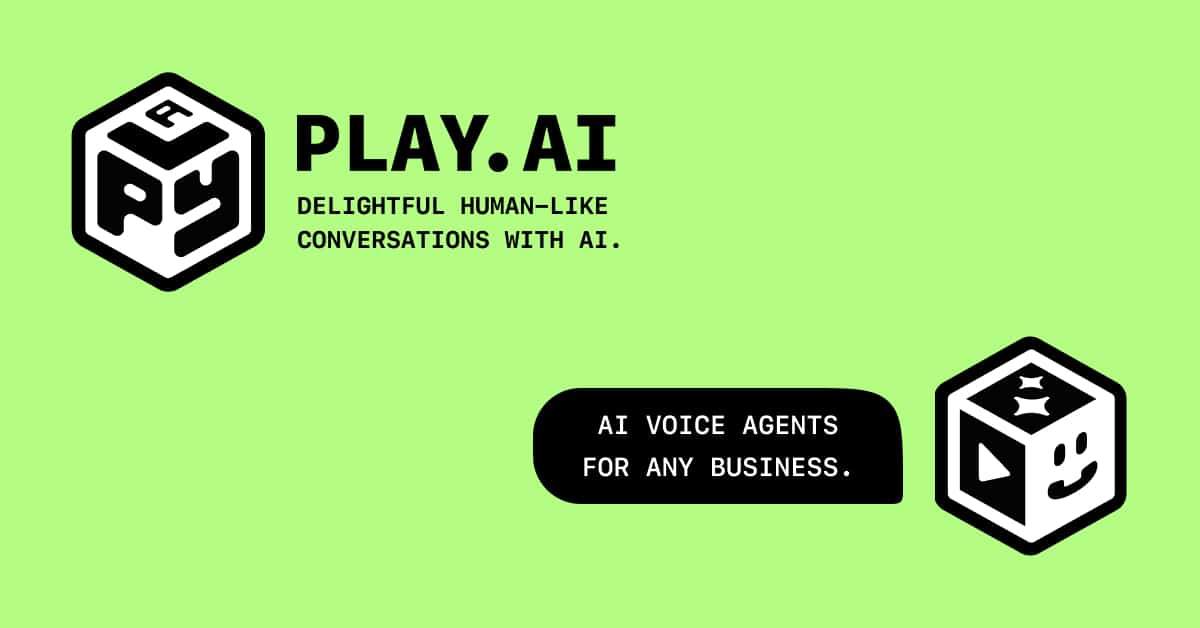Meta’s technology company, founded by Mark Zuckerberg, is integrating with a startup specialized in natural voice synthesis to enhance its AI assistants, virtual characters, wearables, and sound creation tools.
Meta has acquired Play AI, an emerging startup dedicated to creating hyper-realistic artificial voices using AI. The move, confirmed by a company spokesperson and initially reported by Bloomberg, strengthens Meta’s ambitious strategy to lead the development of multimodal generative technologies. Although financial details have not been disclosed, the acquisition includes the full integration of Play AI’s team, who will join Meta starting next week.
According to an internal memo cited by U.S. media outlets, Play AI’s technology and expertise align perfectly with Meta’s plans for products like Meta AI, AI Characters, wearable devices, and new voice content creation platforms.
The voice as the interface of the future
Play AI has developed a platform capable of generating high-quality synthetic voices focused on naturalness, emotional nuance, and ease of use. These capabilities are crucial for the future of human-machine interaction, especially in applications such as:
- Conversational virtual assistants with personalized voices.
- Generative avatars speaking with a human tone on social media and augmented reality environments.
- Smart glasses and other wearables, where spoken responses will be a central interface.
- Automated audio production, including audiobooks, educational content, and AI-generated videos.
Integrating this technology will enable Meta to internalize critical voice capabilities at a time when competition for smart assistants and AI-powered products is intensifying among giants like Google, Amazon, Apple, and OpenAI.
Meta accelerates its generative AI roadmap
The Play AI acquisition adds to a series of recent strategic moves by Meta in the AI sector. The company has strengthened its team with talent from OpenAI and has entered into a high-profile collaboration with Scale AI, where CEO Alexandr Wang has joined Meta to lead a new group focused on superintelligence.
This momentum is also reflected in the evolution of in-house models such as Llama 3.5, along with participation in open-source AI initiatives for the public sector, like the scholarship program launched with the Alan Turing Institute in the UK.
With the integration of Play AI, Meta not only acquires cutting-edge technology but also key talent in a field that will be essential for delivering immersive, personalized, and credible experiences both inside and outside the metaverse.
The new standard for AI-generated voices
While other companies still rely on external providers for voice synthesis, Meta is betting on the internal and proprietary development of this technology, which could provide a decisive competitive advantage. The use of cloned or AI-generated voices will be fundamental in applications where naturalness, trust, and personalization are essential.
Through this acquisition, Meta aims to turn voice into a strategic asset serving its ecosystem of products. From personal assistants to creative platforms and AI-integrated devices, voice is no longer just an output channel; it is a new primary interface for the era of generative AI.
Meta not only wants its products to listen. It wants them to speak… and sound like us.

